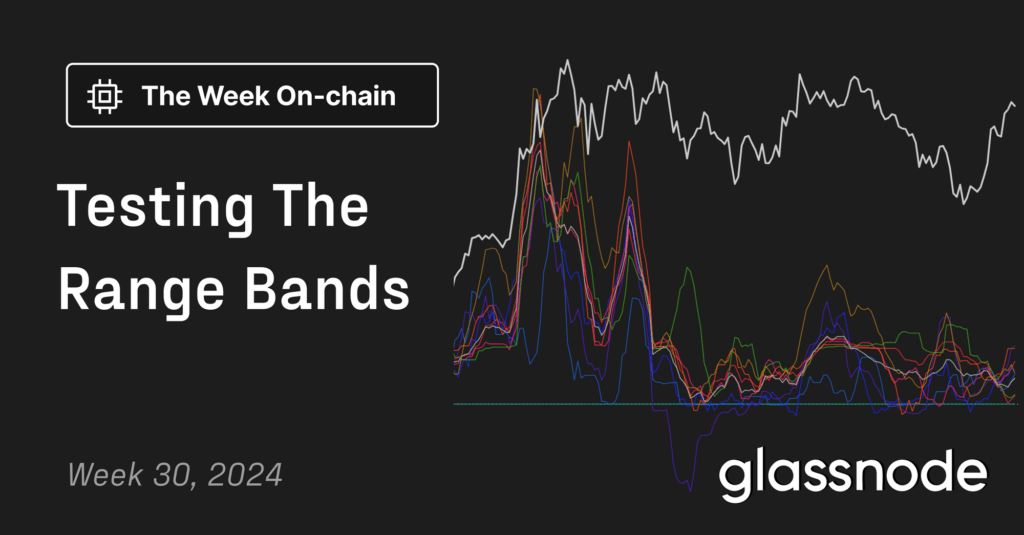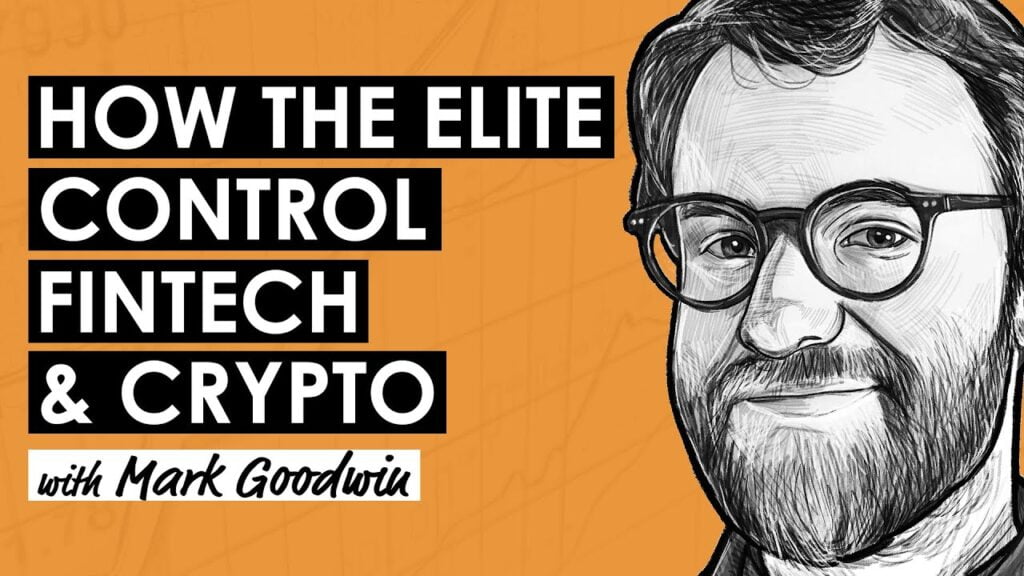Podcast Summary
This podcast episode delves into the intricacies of creating subnets and the changes to the global stake mechanism in the CommuneAIeAI. It also discusses the development of Subnet Zero, the concept of multi-validation, and the importance of strategic marketing. The speaker also talks about their project, Bulletin, and its integration with other platforms. The episode concludes with a discussion on the long-term vision of cryptocurrency and the importance of building value.
Key Takeaways
Global Stake Mechanism and Subnet Creation
- Global Stake Model: The podcast discusses the recent launch of the global stake proposal and the upcoming implementation of the global stake model in CommuneAI. This model incentivizes validators to query miners on all subnets, contrasting with the local stake model.
- Subnet Creation: The host shares their experience in helping a CommuneAIity member create a subnet for testing jailbreak models. They also mention the ongoing development of Subnet Zero and plans to create a visual interface for modules and applications.
Project Bulletin and Integration
- Project Bulletin: The speaker discusses their project, Bulletin, which they plan to open source. They emphasize the need for strategic marketing and incentivizing exposure for the project.
- Integration with Other Platforms: The speaker mentions integrating Bulletin with other platforms like Gemini and OpenAI for improved functionality. They also discuss the potential of installing CommuneAIe in large companies to speed up deployments and crowdsource development.
Code Readability and Testing
- Code Readability: The speaker acknowledges the need to focus more on annotating objects and creating visualized documentation for each module. They also introduce the concept of file modules and folder modules, suggesting that using folder modules could enhance flexibility and simplify code integration.
- Testing: The speaker demonstrates importing and testing the core modules of the design pattern using a mix of testing libraries. They highlight the need for an unopinionated testing approach to accommodate different coding styles and preferences.
Decentralized Hackathon and CommuneAIity Building
- Decentralized Hackathon: The hosts discuss the idea of using a decentralized hackathon to encourage the creation of new subnets on BuildNStake. They propose building seven subnets per week and exploring potential incentive structures for participants.
- CommuneAIity Building: One of the hosts shares their current contract work, which involves CommuneAIity building for a project called Project Eden AI that supports various blockchain networks. They express their desire for an inclusive and open CommuneAIity, contrasting it with the echo chamber mentality often found in other blockchain CommuneAIities.
Long-term Vision of Cryptocurrency
- Long-term Vision: The speaker discusses the long-term vision of cryptocurrency and the importance of building value rather than focusing on short-term price fluctuations. They propose a token locking mechanism that would incentivize holders to lock their tokens for longer periods, potentially increasing the value of their stake.
- Governance Changes: The speaker discusses the recent approval of a governance change that addresses parasitic behavior by a liquidity outlet. They acknowledge that individuals will act in their own self-interest within the rules of the game, but express satisfaction that the CommuneAIity can make governance changes to align incentives with the long-term health of the project.
Sentiment Analysis
- Bullish: The speaker expresses a bullish sentiment towards the long-term potential of their project, Bulletin, and the CommuneAIeAI. They are confident in their marketing abilities and believe in the value of strategic marketing and exposure. They also express optimism about the upcoming changes to the global stake mechanism and the potential of creating subnets.
- Neutral: The speaker maintains a neutral stance on the challenges of using regular Python and the need for a simpler and more interoperable design pattern. They also acknowledge the need for some centralized governance initially but aim for sufficient decentralization in the long run.
- Bearish: There is no bearish sentiment expressed in the podcast.












